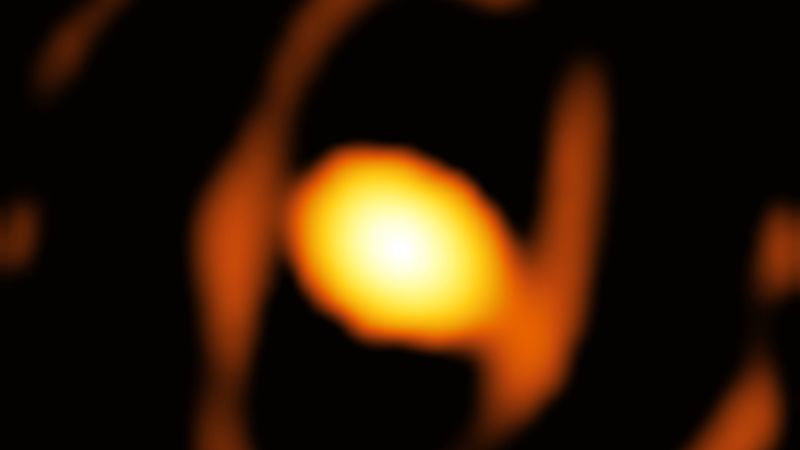
Potentially Hazardous Asteroids
Potentially Hazardous Asteroids (PHAs) are asteroids that have orbits that come close to Earth's orbit and are large enough to cause significant damage in the event of an impact. PHAs are defined as asteroids that have a minimum orbit intersection distance (MOID) of 0.05 astronomical units (AU) or less and an absolute magnitude (H) of 22.0 or brighter. The MOID is the distance between the closest points of the asteroid's orbit and Earth's orbit. PHAs are closely monitored by space agencies and observatories to determine their orbits and potential impact risks. If a PHA is found to have a high probability of impacting Earth, various methods can be employed to deflect or destroy the asteroid before it reaches our planet.
Your Previous Searches
Random Picks
- Simulation Performance: Simulation Performance refers to the ability of a simulation model to accurately and efficiently represent the behavior of a real-world system. In the context of space and astronautical engineering, simulation performance is critical for de ... Read More >>
- Data Rates: Data rates refer to the speed at which digital data is transmitted from one point to another. In the context of space and astronautical engineering, data rates are crucial for the success of space missions as they determine the amount of da ... Read More >>
- Cardiovascular Endurance: Cardiovascular endurance is the ability of the heart, lungs, and circulatory system to deliver oxygen and nutrients to the working muscles during sustained physical activity. In the context of space and astronautical engineering, cardiovasc ... Read More >>
Top News

Archaeologists discover 4,000-year-old canals used to fish by predecessors of an...
Using drones and Google Earth imagery, archaeologists have discovered a 4,000-year-old network of earthen canals in what’s now Belize...
News Source: ABC News on 2024-11-22

First close-up image of a star beyond our galaxy may reveal impending supernova...
Astronomers have taken the first close-up image of a star beyond our galaxy, and it’s a “monster star” surrounded by a cocoon as it slowly dies....
News Source: CNN on 2024-11-21

Bestselling author explains the science of happiness: "You can do the work"...
Bestselling author and Harvard professor Arthur Brooks opens up about how enjoyment, satisfaction and meaning in life can increase a person's wellbeing....
News Source: CBS News on 2024-11-18

November's full moon, known as the Beaver Moon, is the last supermoon of 2024. H...
November's full moon, known as the Beaver Moon, is the last supermoon of 2024. Here's when it peaks and why it's called the Beaver Moon....
News Source: CBS News on 2024-11-15

You can't put a price on the sense of awe particle physics inspires...
Astronomy and particle physics are no longer seen as vital by the US establishment, so funding has fallen. But our work creates a sense of wonder, and wonder matters, says Chanda Prescod-Weinstein...
News Source: New Scientist on 2024-11-13